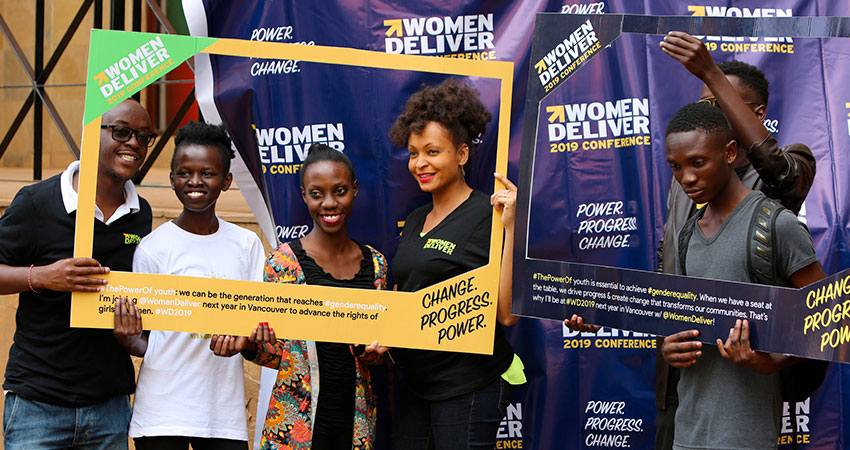By: Asim Nawaz Abbasi
Geneva, Switzerland: A powerful coalition of nearly 20 global organizations has issued a resounding call to governments worldwide, urging them to take immediate action to ensure that citizens have access to adequate health services. This collective plea was made at the 76th World Health Assembly (WHA76) held this week in Geneva, Switzerland.
In a united front, the coalition emphasized that health is a fundamental human right, and it is the responsibility of governments to fulfill this right. They asserted that the time has come for governments to make “health for all” a tangible reality.
Kinza Hasan, the Policy and Advocacy Manager at Women Deliver, one of the coalition members, highlighted the significance of this call as governments globally formulate their commitments to Universal Health Coverage. She stressed that governments must demonstrate their readiness and willingness to prioritize the human right to health and gender equality as essential foundations for achieving health equity.
During the 76th World Health Assembly, the coalition delivered a compelling statement outlining key actions that governments must undertake:
Prioritize primary health care: Governments must allocate resources to ensure comprehensive health benefits encompassing the full spectrum of care. This includes access to quality services in areas such as comprehensive sexual and reproductive health, palliative care, and adolescent-friendly healthcare. The needs of diverse populations, including infants, children, adolescents, older people, and women, should be protected and catered to across their lifespan.
Strengthen the health and care workforce: Governments need to address existing inequities within the healthcare workforce. This entails ensuring gender equality in health systems leadership and decision-making, creating safe and violence-free working conditions, bridging the gender pay gap, and recognizing and fairly compensating unpaid and underpaid health and care workers, including community health workers.
Prioritize health in government spending: Comprehensive and equitable health financing policies should be implemented, targeting marginalized communities. These policies should expand quality health coverage and enhance affordability for all.
Enhance health data governance: Governments must develop and endorse a global framework that establishes common regulatory standards based on equity and rights principles. This framework will inform national legislation and guide health data sharing across countries, fostering responsible data management, protecting individual rights, and building public trust in health data systems.
Disaggregate and analyze health data: Health data should be analyzed across various dimensions, such as gender, age, income, race, ethnicity, migratory status, disability, sexual and gender diversity, and geographic location. This approach will enable the identification and targeted addressing of health needs, particularly for marginalized and left-behind groups.
Fund Mechanisms: Establish and fund mechanisms for social participation, particularly for civil society, to actively contribute to the design, implementation, and monitoring of gender-transformative Universal Health Coverage programs, policies, and frameworks that prioritize the needs of vulnerable populations.
Equitable Health Systems: Make health systems more equitable, resilient, and centered around primary care by increasing investment in health capacities and adopting the diagnostics resolution.
By implementing these actions, trust among communities can be built, poverty can be reduced, and equity, social cohesion, and resilience can be promoted. These efforts align with the commitment made in 2030 to leave no one behind.
The coalition comprises influential organizations such as Amref Health Africa, Fondation Botnar, Global Health Council, International Federation of Gynecology and Obstetrics, IFMSA, International Society for Telemedicine & eHealth, IntraHealth International, IPPF, IPSF, PATH, Sabin Vaccine Institute, Save the Children, UN Foundation, WaterAid, Women Deliver, Women in Global Health, and the World Hepatitis Alliance.
The World Health Assembly, attended by delegations from all member states of the World Health Organization (WHO), serves as the decision-making body for the organization. Each year, the Assembly focuses on a specific health agenda prepared by the Executive Board. The theme for this year’s assembly was “WHO at 75: Saving lives, driving health for all.”
